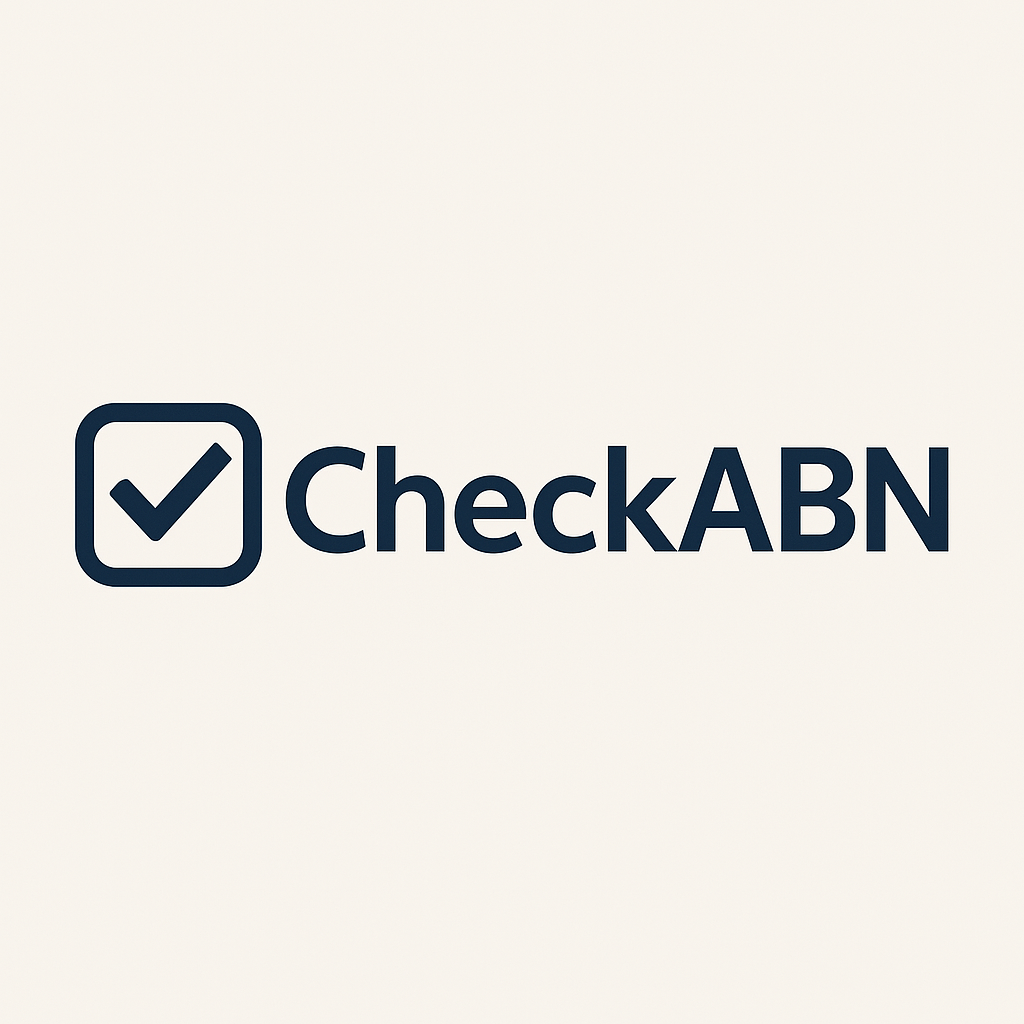Business Lookup Tool
ABN Format
11 digits (e.g., 51824753556)
ACN Format
9 digits (e.g., 123456789)
Business Name
Company or trading name
Searching Australian Business Register...
Australian Business Register Lookup
Check Business Names, Instantly verify ABN, ACN or find business information from the official Australian Business Register.
Start Searching
Subscribe to Our Newsletter
Why Use Our ABN Lookup Tool?
Fast & Simple
Get instant verification of any ABN, ACN or business name with our easy-to-use tool. No registration required.
Official Data
Connected directly to the Australian Business Register to ensure the information is accurate and up-to-date.
Verification
Verify clients, suppliers or partners before doing business with them. Check business details, GST status and more.
How to Use the ABN Lookup Tool
Need Business Registration Services?
We offer complete business registration services including ABN, Business Name, and Company Registration.
Our Business Services
ABN Registration
Start your business journey with our streamlined ABN registration service. Fast, reliable and hassle-free.
Learn MoreCompany Formation
Register your company with ASIC. We handle all paperwork and compliance requirements to get you started.
Learn MoreBusiness Name Registration
Secure your business identity with our easy business name registration service. Protect your brand today.
Learn MoreWhat is an ABN?
An Australian Business Number (ABN) is a unique 11-digit identifier issued by the Australian Taxation Office (ATO). It's essential for businesses operating in Australia as it:
- Identifies your business to government and the community
- Facilitates GST and other tax registrations
- Allows you to claim tax credits
- Helps avoid PAYG tax being withheld from payments to you
Australian Business Number (ABN) Lookup Tool
Our free ABN Lookup tool connects directly to the Australian Business Register (ABR) to provide up-to-date information about registered businesses in Australia. Use our official ABN search to verify ABN numbers, check GST registration status, and confirm business details before entering into business relationships.
ABN Search Features
- Instantly check if an ABN is active or cancelled
- Verify business names associated with an ABN
- Confirm GST registration status
- View business location and contact details
- Download official ABN certificates
Why You Need to Verify ABNs
Before engaging with a business, it's important to verify their ABN status. An active ABN confirms the business is registered with the ATO and legitimately operating in Australia. Our ABN checker tool allows you to verify this information quickly and easily.